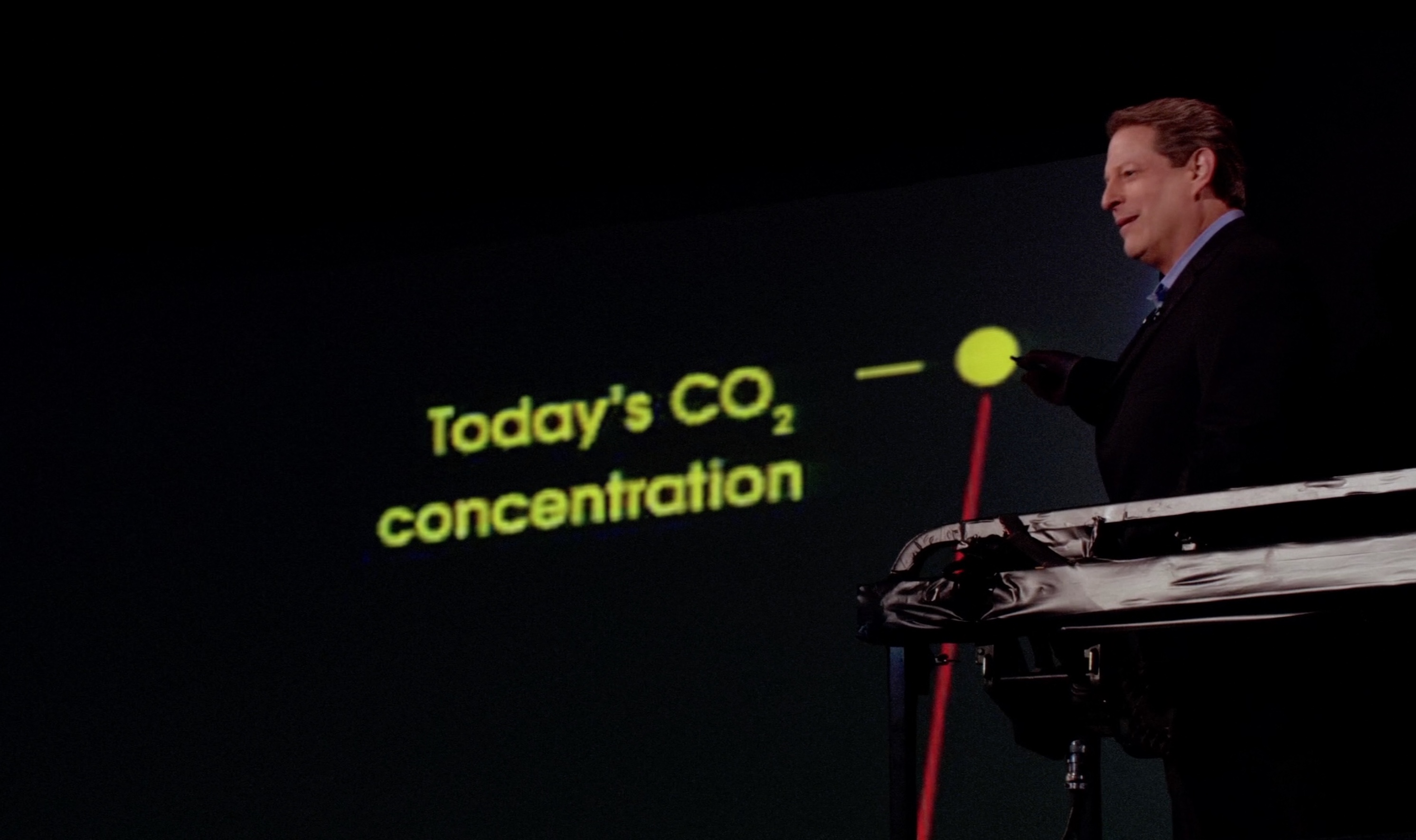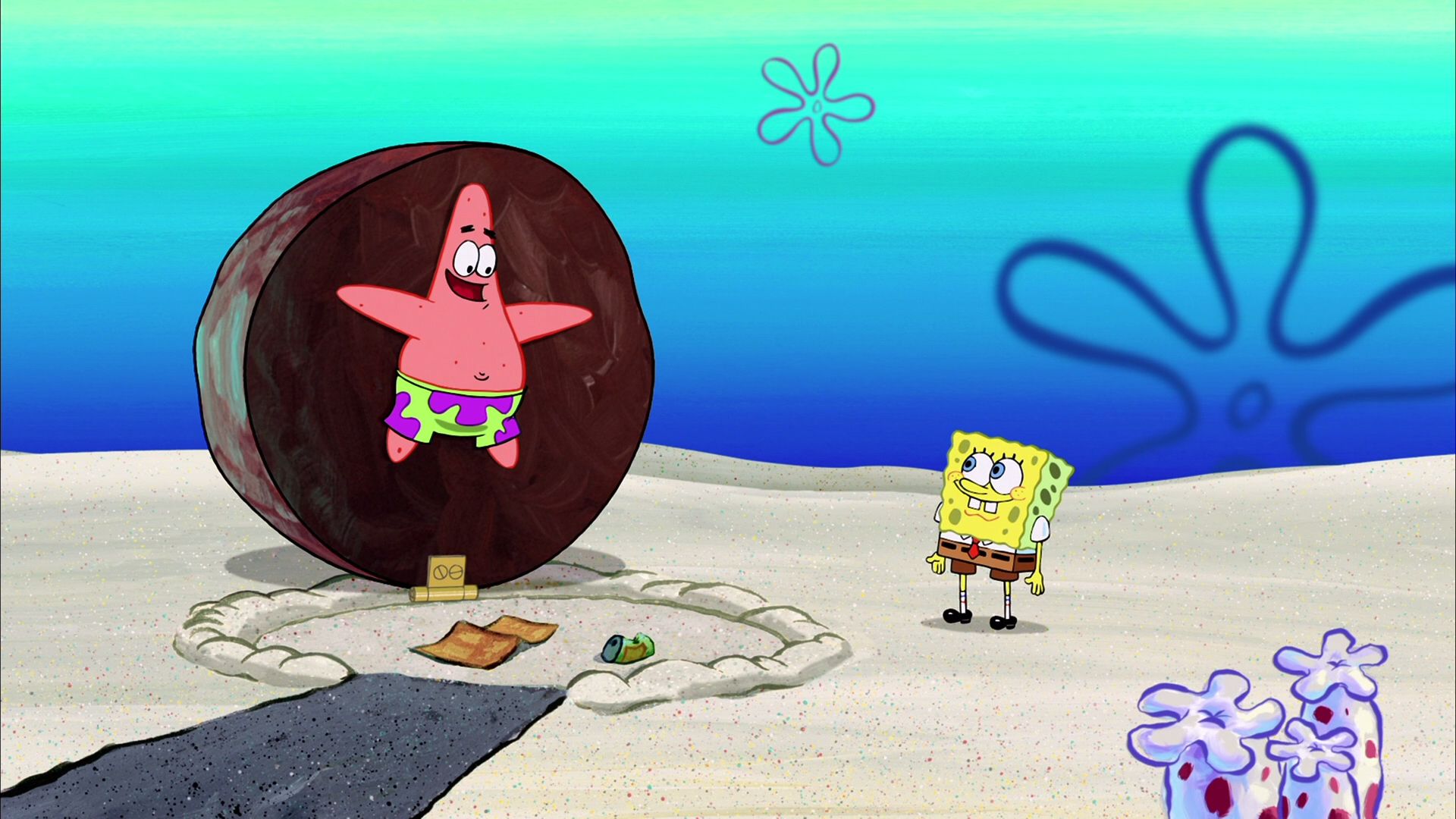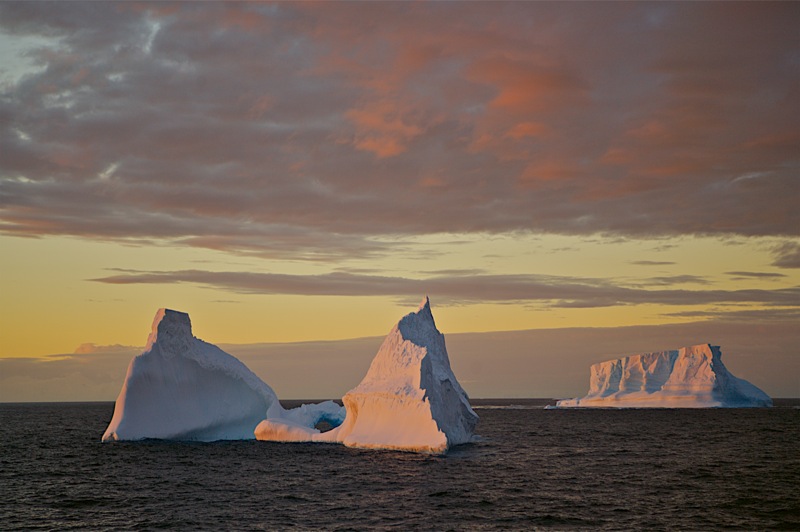Earlier today, my daughter and I watched “An Inconvenient Truth” at the AFI Silver Theatre, which likely is the best movie house in the Washington area. A harsh critic of the science behind global warming, I hoped that maybe the film would live up to its hype. No way. For people predisposed to the idea of global warming, the film probably would be moving. The movie did affect my thinking, nevertheless (I’ll explain how in a few paragraphs).
Here’s what I most liked: Former Vice President Al Gore relied more on historical data to make his point than use forward-looking forecasts. Oh, I hate computer modeling for proving climate change. The major reason I’m so critical of global warming theory is bad science. There are too many assumptions and too little reliable data to develop reliable forecast models. In best-case scenario, the computer models are only as good as the data put into them.









